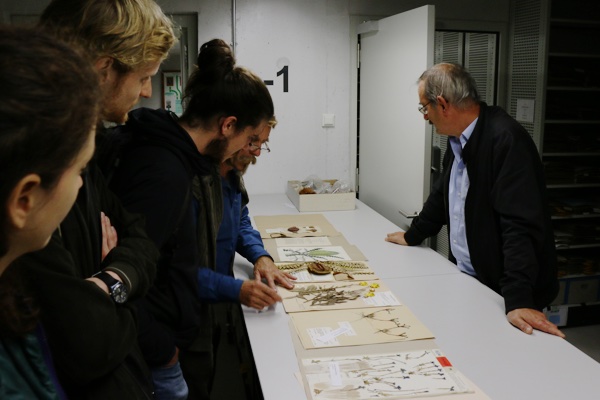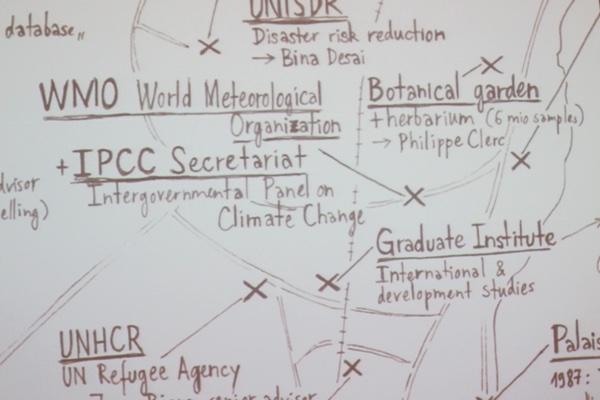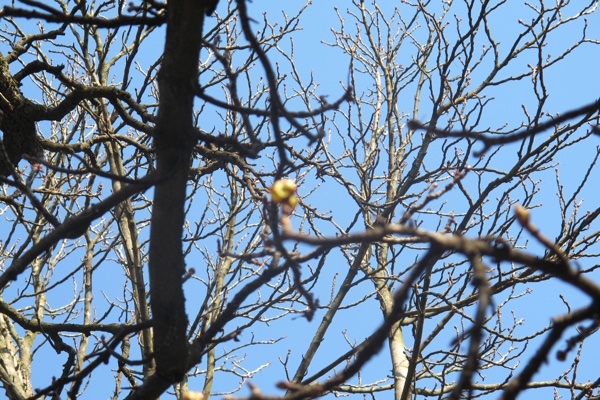The Anthropocene Atlas of Geneva (TAAG): Representations of Global Environmental Change in Geneva Urban Ecologies
The Swiss National Science Foundation [SNSF]
Project 100016_160004
Conceived and realised at CCC Research-Based Master Programme critical curatorial cybermedia studies, Geneva University of Art and Design (HEAD)
aims
research stages
The Anthropocene Atlas of Geneva (TAAG) studies the processes and contexts by which anthropogenic global environmental change is represented in a cosmopolitan Swiss city. With its dense nexus of governmental institutions (including the UN World Meteorological Organization and Intergovernmental Panel on Climate Change) and NGOs, and its rich networks of scientific research communities, artistic projects and citizen initiatives, Geneva is an ideal terrain for this research.
Introduced within the natural sciences global change research community in 2000, the term “Anthropocene” demarks the current period of time, in which human activities have come to influence a range of biophysical systems and processes. How are the scale and complexity of global environmental change being represented in local contexts? How are such representations reflected in the everyday activities and practices of various local actors?
The research and resulting Atlas will contribute new knowledge about the processes and contexts by which global change is represented, as well as new representations taking full account of risks intrinsic to the building and transmission of meaning. This new knowledge will support and enhance the self-reflectivity of global change research communities in Geneva and beyond, and will help to clarify and will advance ongoing public evaluation and discussion of anthropogenic change on the local, national and international levels. The new representations, as well as the innovative atlas form of the final outputs, should moreover stimulate further research and reflection among those working on anthropogenic change in the disciplines of Art, Philosophy and Architecture.
The research approaches the Anthropocene through the study of representation: the processes of building, transmitting and receiving meaning in context. Acknowledging that the stakes, implications and challenges of anthropogenic global environmental change are unprecedented and have become, for many people, a matter of growing urgency, TAAG will analyze the production of meaning, but will also be closely attentive to the emotional charges and intensities that representations of anthropogenic processes can acquire in some contexts. Far from ignoring the controversial and polemical aspects of public reception of the Anthropocene thesis, then, this research positions itself to gauge and investigate the affect of emerging representations.
The results will take form in a multi-media atlas, distributed across three research outputs: (1) a project website/web log to share findings and solicit critical feedback; (2) an international exhibition, opening with a conference in Geneva and traveling to additional European cities; and (3) an accompanying book, composed of critical essays and glossaries, and a catalog of the exhibition.
Initiated in 2011, the first stage of the research, entitled Re-projecting Ecologies through Artistic Practices and Critical Theory [RE_ACT] studies how in the context of ecological threat and ecosophical challenges, the biosphere crisis questions the way human beings make society with the non-human beings.
The project is supported by an “esquisse” (sketch) from HES-SO strategic fund (October-December 2012) to develop a research on the ecological emerging cultures. The project is submitted to SNSF in April 2013, then in April 2015 under the title Emerging Culture of Sustainability Representations of Global Environmental Change in Geneva's Urban Ecologies, it becomes The Anthropocene Atlas of Geneva [TAAG] successfully submitted to SNSF in April 2016.
The Anthropocene Atlas of Geneva [TAAG] is the output of four years study and research in the CCC Research-Based Master Programme and in the Pre-Doctorate/PhD Seminar at Geneva School of Art and Design. In this context TAAG builds and develops a project by organising three interdisciplinary study days and international conferences (2012- 2015). TAAG is a collaborative project supported by researchers, external advisors and by artists linked to the international network elaborated by CCC Programme all along the years.
Since the agreement of doctoral collaboration with the research & graduate school of the Chelsea College of Arts, University of the Arts, London (2014) that develops The Anthropocene Atlas of London [TAAL], a close collaboration is settled by biannual seminars one held in Geneva and one in London. It is an opportunity to organise city tours focusing on the emerging cultures of sustainability in each city.

Visite de l’Herbier du Jardin botanique, Genève 2014

Fragment de cartographie TAAG 2015

Premier bourgeon du marronnier de la Treille, mars 2015




